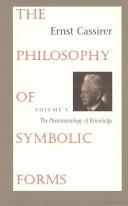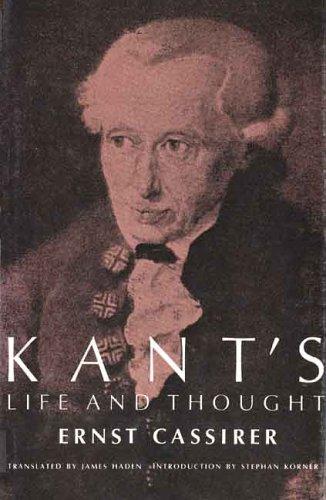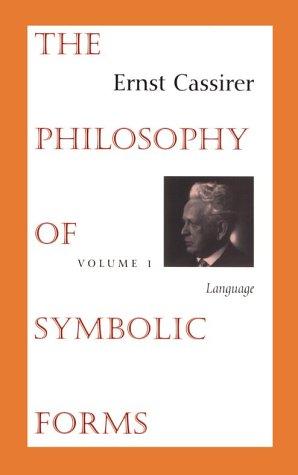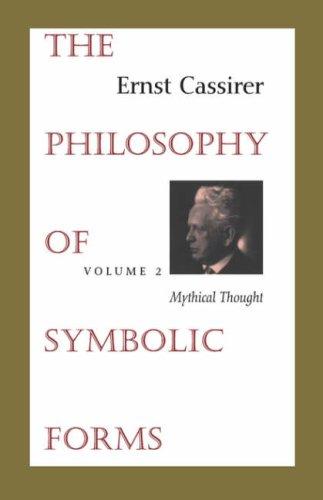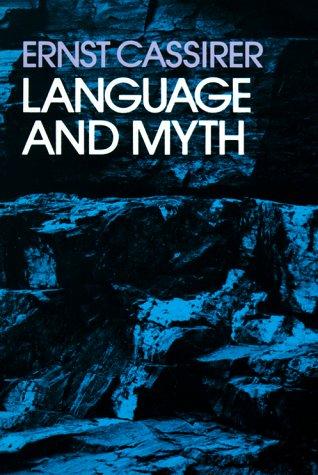Ernst Cassirer was a German philosopher. Trained within the Neo-Kantian Marburg School, he initially followed his mentor Hermann Cohen in attempting to supply an idealistic philosophy of science; after Cohen's death, he developed a theory of symbolism, and used it to expand phenomenology of knowledge into a more general philosophy of culture. He is one of the leading 20th century advocates of philosophical idealism.
At Hamburg Cassirer discovered the Library of the Cultural Sciences founded by Aby Warburg. Warburg was an art historian who was particularly interested in ritual and myth as sources of surviving forms of emotional expression. In Philosophy of Symbolic Forms (1923–1929) Cassirer argues that man (as he put it in his more popular 1944 book Essay on Man) is a "symbolic animal". Whereas animals perceive their world by instincts and direct sensory perception, humans create a universe of symbolic meanings. Cassirer is particularly interested in natural language and myth. He argues that science and mathematics developed from natural language, and religion and art from myth.
